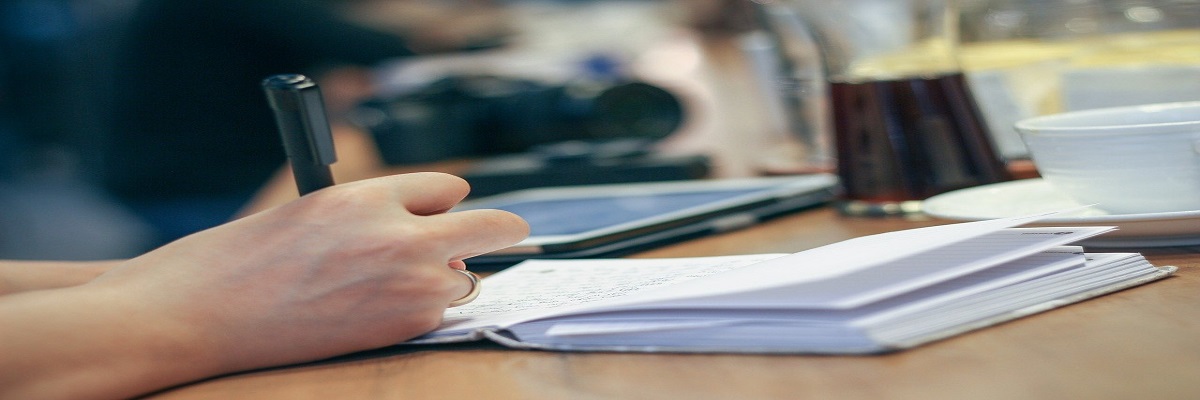Call: 888-297-6203
Bankruptcy comes with benefits and drawbacks. Benefits such as getting rid of the debts that you had, or keeping most of your assets that you might have lost in foreclosures. And one of the drawbacks is case filling will show in your credit report for up to 10 years.
Common chapters of bankruptcy?
Mostly, chapter 7 bankruptcy and chapter 13 bankruptcy are filled. In chapter 7 bankruptcy, you don’t have a repayment plan, all of your non-exempt properties are sold by your bankruptcy trustee and he/she will distribute it among your creditors. The assets which are necessary for you after your case is closed are considered exempt properties, like a primary residence, furniture, a vehicle to go to work, etc. The case ends within six months after filing.
In chapter 13 bankruptcy, you have a repayment plan. Your trustee will collect your payment and distribute it among your creditors. You are allowed to keep all or most of your assets. It goes on for 3 – 5 years and you must have a regular income to apply.
Filling out forms-
You will need to fill out all the bankruptcy forms and file them with the court. You will need to give the court all the information necessary like your income, debts, assets, and your financial transaction, you will also have to provide proof of these by providing bank statements, paycheck stubs, and even income tax returns soon after filing for bankruptcy.
Credit counseling courses-
Debtors have to take credit counseling courses before and after filing for bankruptcy, it is mandated to take these classes, or else the court might dismiss your case. It needs to be taken within the time given by the court and you must file the certificates with the court.
Automatic stay-
As soon as you file for bankruptcy, the automatic stay takes its place and stops all your creditors from collection efforts, foreclosure, and repossessions. It lasts till your case is closed but your creditors might appeal to the court to lift it and in most cases the court sides with the debtor.
Attending the 341 meeting with the creditors-
After your case has been filed, you and your attorney will have to attend a meeting with your bankruptcy trustee and the creditors. Here the trustee will ask a few questions to you under oath that he/she will feel necessary. Even the creditors can ask you questions but only a few attend these.
Dischargeable and non-dischargeable debts-
Dischargeable debts such as credit card bills, medical bills, etc. which are released by the court and you don’t have to pay anything for it and non-dischargeable debts such as student loans, alimony, some of the taxes, etc. which cannot be discharged and you will have to pay for it even after filing for bankruptcy.
If you want to keep all your assets then you can even reaffirm some debts which help you keep your assets with you.
Order of discharge-
Most likely, you will get an order of discharge from the court stating what all debts are discharged and after that, the creditors cannot ask you for money for those debts.
Credit cards-
A lender will stop all your payments even if you are current on those and you will be under watch for the next 90 days after you file for bankruptcy so it is best if you make only necessary payments that too if possible in cash.
If you want a good experienced bankruptcy attorney contact Recovery law group- (888-297-6203).

